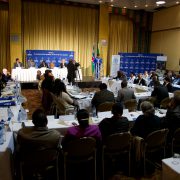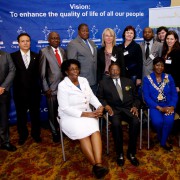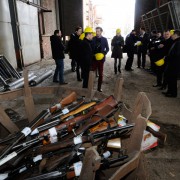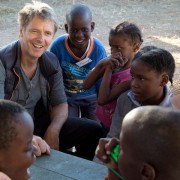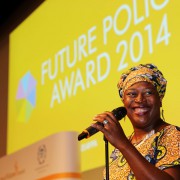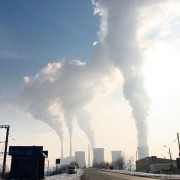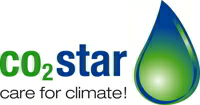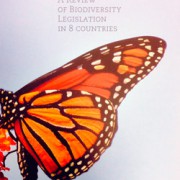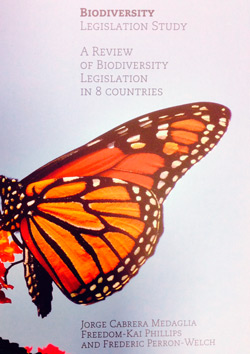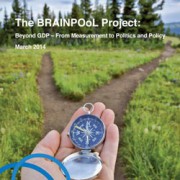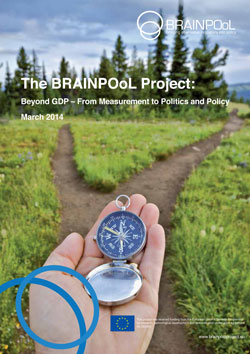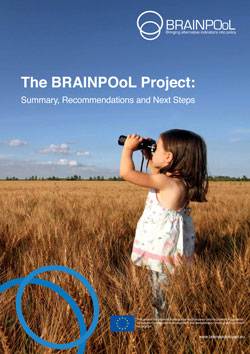Bosnia and Herzegovina and Argentina are culturally, linguistically and geographically diverse nations. However, both are fighting to realise change and bring about a new direction in their country’s development.
Over 750,000 illicit weapons and 16,000 tonnes of ammunition currently circulate within the borders of Bosnia and Herzegovina. Easy access to weapons largely left over from the conflict in the 90’s has led to these circulating remnants of war being involved in more than 10 violent incidents each week.
Argentina too has also faced risks caused by the availability of guns and a lack of gun violence education. In 2004, a 15 year old boy killed three classmates in Southern Argentina, wounding five. It is clear that despite their many evident differences, firearm awareness actions needs to be taken to curb the blight of gun violence in both nations for future generations.
“Tragedies caused by guns and other small arms are nearly a daily occurrence. Without the widespread availability of these weapons such tragedies could not occur. Further, guns can play no positive role in resolving conflicts or achieving reconciliation between conflicting parties. Resolving conflicts requires peaceful processes, including negotiations and diplomacy. Peace cannot be attained by either random or targeted killings – thus, the importance of disarmament, gun control and a non-killing ethic.” – David Krieger WFC Councillor & President, Nuclear Age Peace Foundation.
The Campaign
As part of our follow-up activities to the 2013 Future Policy Award on Disarmament, on March 6-7, the World Future Council together with UNDP Bosnia and Herzegovinas ‘Choose Life Without Weapons‘ coalition provided an opportunity for governmental entities from Argentina and Bosnia and Herzegovina to come together to exchange their experiences in combating the blight of the small arms and light weapons within their unique national contexts.
A conference at UN House in Sarajevo on 6 March allowed participants to share lessons learnt from their arms control programmes, while a visit to Banja Luka on 7 March gave participants the chance to witness and participate in the melting of collected weapons, which are then recycled to manufacture spare parts for windmills and other public infrastructure.
In 2013, Argentina’s ‘National Programme for the Voluntary Surrender of Firearms’ was recognised with a Silver Future Policy Award by the World Future Council, in collaboration with the UN Office for Disarmament Affairs and the Inter-Parliamentary Union. Under the programme, the governmental agency RENAR has successfully collaborated with civil society in reducing the number of illicit firearms while promoting a culture more focused on non-violence and peaceful conflict resolution.
Kick-off event – Sarajevo, June 14
The kick-off event in Sarajevo included the screening of the documentary Football Rebels and the football match between Bosnia and Herzegovina and Argentina later that evening.

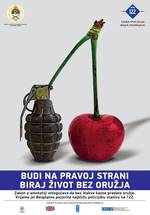 Choose life without weapons was launched in 2013 by UNDP, and their partners, to prompt action and open discourse over the issue of gun violence in Bosnia and Herzegovina.
Choose life without weapons was launched in 2013 by UNDP, and their partners, to prompt action and open discourse over the issue of gun violence in Bosnia and Herzegovina.
The campaign encourages citizens to take advantage of an amnesty law allowing weapons and explosive devices to be handed over to the police without legal repercussions. Collected weapons are then melted and recycled into components for infrastructural development across the country.
Argentina similarly encouraged sustainable action against armed violence through the formation of The Argentine Disarmament Network, a coalition of civil society organisations attempting to tackle armed violence.
